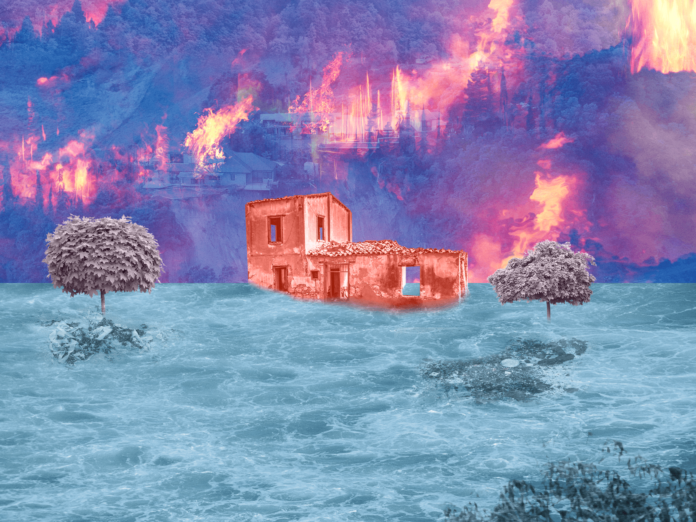Authors: Myanna Lahsen, Jesse Ribot
Affiliation: Linköping University (Sweden), American University (Washington, DC)
Organization/Publisher: WIRE’s Climate Change/ Wiley
Date/Place: December 8, 2021/Washington DC, USA
Type of Literature: Analysis
Number of Pages: 11
Link: https://wires.onlinelibrary.wiley.com/doi/full/10.1002/wcc.750
Keywords: Climate Change, Framing, Politics, Brazil
Brief:
Climate Change has been regarded lately as an important area of concern. However, political actors are accused of misusing it by associating every disaster with climate change. The framing of every disaster to climate has a scope to divert the attention from the socio-political causes. Experts studying the causes of disasters also carry a particular cognitive framework, which strongly influences policy prescriptions. The authors in this article analyze the disasters and damages through a multicausal perspective, and expose the framing choices of States trying to erase the socio-economic and political factors causing the suffering and damage in the post-disaster phase. The authors offer a theoretical framework of why the attribution is not neutral, using the example of Brazil to show the choices of framing and how they can be misleading and problematic as a policy. One frame does not fit all, which means some disasters are non-climatic. For instance, Brazil’s 2014-2015 southeastern drought was caused by the poor governance of both public and private entities. However, some Brazilian scientists blamed natural deforestation for causing the loss of “flying rivers.” Even though natural disasters happen, the state and citizens may actually be responsible for them, so it is essential to look at the event from multiple angles.
Critical Analysis:
The authors could have used more case studies to explain the approach of framing used by the states to escape from the socio-economic causes. There are other countries too that have witnessed more disasters than Brazil. Using only one case study could not make the article diverse and relatable. The concept of capitalism and war economy could have made the article more contemporary, and they could also prove how states use framing to misinform people to meet their selfish economic ends. There is room for more research on this topic, and the authors somehow used minimal data and concepts.
By: Ruby Clayton, CIGA Research Associate




